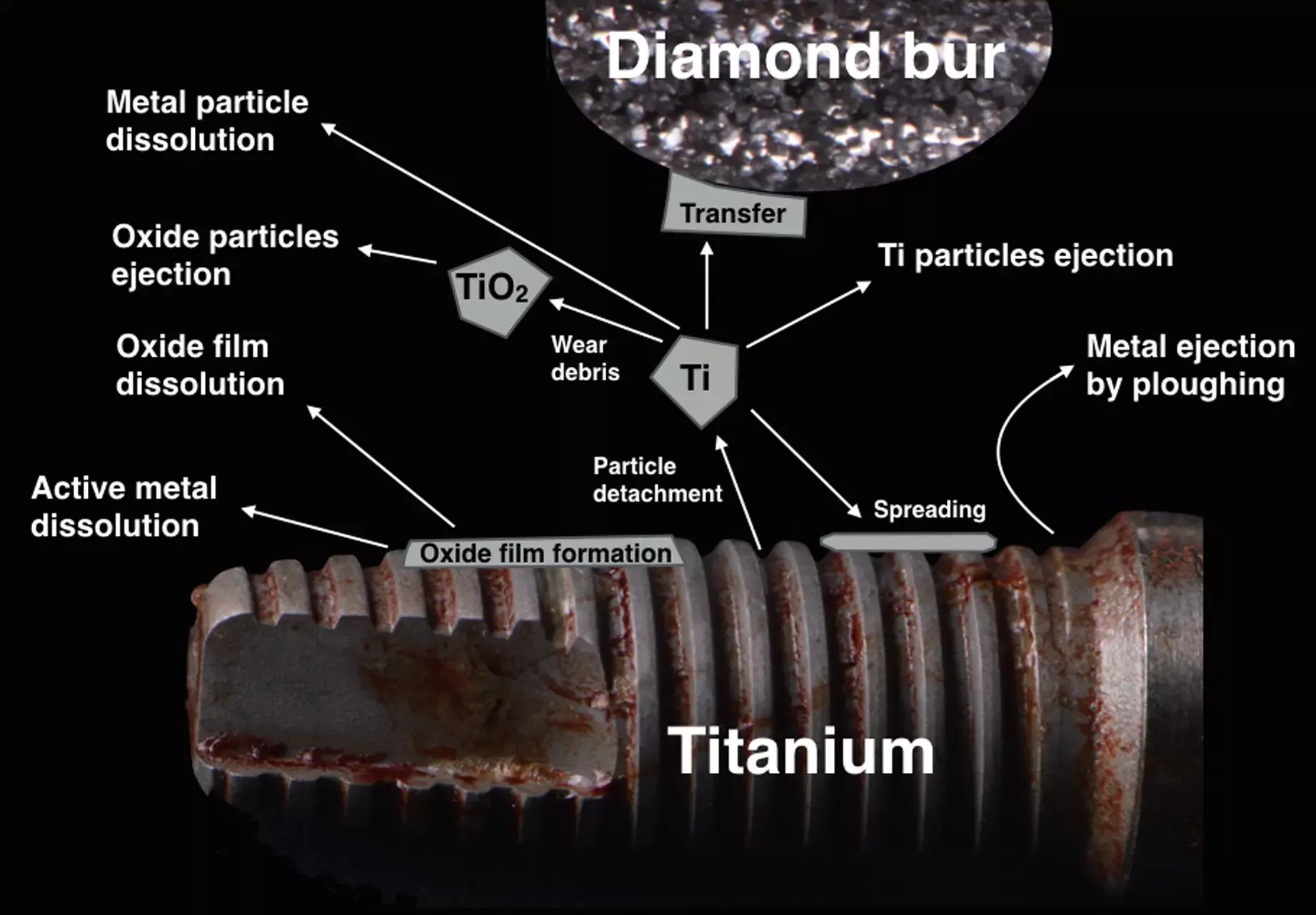- Home
- Medical news & Guidelines
- Anesthesiology
- Cardiology and CTVS
- Critical Care
- Dentistry
- Dermatology
- Diabetes and Endocrinology
- ENT
- Gastroenterology
- Medicine
- Nephrology
- Neurology
- Obstretics-Gynaecology
- Oncology
- Ophthalmology
- Orthopaedics
- Pediatrics-Neonatology
- Psychiatry
- Pulmonology
- Radiology
- Surgery
- Urology
- Laboratory Medicine
- Diet
- Nursing
- Paramedical
- Physiotherapy
- Health news
- Fact Check
- Bone Health Fact Check
- Brain Health Fact Check
- Cancer Related Fact Check
- Child Care Fact Check
- Dental and oral health fact check
- Diabetes and metabolic health fact check
- Diet and Nutrition Fact Check
- Eye and ENT Care Fact Check
- Fitness fact check
- Gut health fact check
- Heart health fact check
- Kidney health fact check
- Medical education fact check
- Men's health fact check
- Respiratory fact check
- Skin and hair care fact check
- Vaccine and Immunization fact check
- Women's health fact check
- AYUSH
- State News
- Andaman and Nicobar Islands
- Andhra Pradesh
- Arunachal Pradesh
- Assam
- Bihar
- Chandigarh
- Chattisgarh
- Dadra and Nagar Haveli
- Daman and Diu
- Delhi
- Goa
- Gujarat
- Haryana
- Himachal Pradesh
- Jammu & Kashmir
- Jharkhand
- Karnataka
- Kerala
- Ladakh
- Lakshadweep
- Madhya Pradesh
- Maharashtra
- Manipur
- Meghalaya
- Mizoram
- Nagaland
- Odisha
- Puducherry
- Punjab
- Rajasthan
- Sikkim
- Tamil Nadu
- Telangana
- Tripura
- Uttar Pradesh
- Uttrakhand
- West Bengal
- Medical Education
- Industry
Commercially pure titanium debris may induce carcinogenic effects on peri-implant tissues: Study

Commercially pure titanium (cp Ti) debris induces mutagenic and carcinogenic effects on peri-implant tissues, according to a recent study published in the Clinical Oral Investigations.
Titanium ions and debris have been detected in peri-implant tissues with different sizes, concentrations, and forms. The presence of metallic debris at peri-implant tissues also stimulates the migration of immune cells and inflammatory reactions. Cp Ti and TiO2 micro-and nano-scale particles can reach the bloodstream, accumulating in the lungs, liver, spleen, and bone marrow.
This integrative review aimed to report the toxic effect of submicron and nano-scale commercially pure titanium (cp Ti) debris on cells of peri-implant tissues.
A systematic search was carried out on the PubMed electronic platform using the following key terms: Ti "OR" titanium "AND" dental implants "AND" nanoparticles "OR" nano-scale debris "OR" nanometric debris "AND" osteoblasts "OR "cytotoxicity" OR "macrophage" OR "mutagenic" OR "peri-implantitis". The inclusion criteria involved articles published in the English language, until December 26, 2020, reporting the effect of nano-scale titanium particles as released from dental implants on the toxicity and damage of osteoblasts.
The Results of the study are:
Of 258 articles identified, 14 articles were selected for this integrative review. Submicron and nano-scale cp Ti particles altered the behavior of cells in culture medium. An inflammatory response was triggered by macrophages, fibroblasts, osteoblasts, mesenchymal cells, and odontoblasts as indicated by the detection of several inflammatory mediators such as IL-6, IL-1β, TNF-α, and PGE2. The formation of a bioactive complex composed of calcium and phosphorus on titanium nanoparticles allowed their binding to proteins leading to the cell internalization phenomenon. The nanoparticles induced mutagenic and carcinogenic effects into the cells.
Thus, the researchers concluded that the cytotoxic effect of debris released from dental implants depends on the size, concentration, and chemical composition of the particles. A high concentration of particles on a nanometric scale intensifies the inflammatory responses with the mutagenic potential of the surrounding cells.
Reference:
Cytotoxic effects of submicron- and nano-scale titanium debris released from dental implants: an integrative review by Redouane Messous, et al. published in the Clinical Oral Investigations.
https://doi.org/10.1007/s00784-021-03785-z
Dr. Shravani Dali has completed her BDS from Pravara institute of medical sciences, loni. Following which she extensively worked in the healthcare sector for 2+ years. She has been actively involved in writing blogs in field of health and wellness. Currently she is pursuing her Masters of public health-health administration from Tata institute of social sciences. She can be contacted at editorial@medicaldialogues.in.
Dr Kamal Kant Kohli-MBBS, DTCD- a chest specialist with more than 30 years of practice and a flair for writing clinical articles, Dr Kamal Kant Kohli joined Medical Dialogues as a Chief Editor of Medical News. Besides writing articles, as an editor, he proofreads and verifies all the medical content published on Medical Dialogues including those coming from journals, studies,medical conferences,guidelines etc. Email: drkohli@medicaldialogues.in. Contact no. 011-43720751


